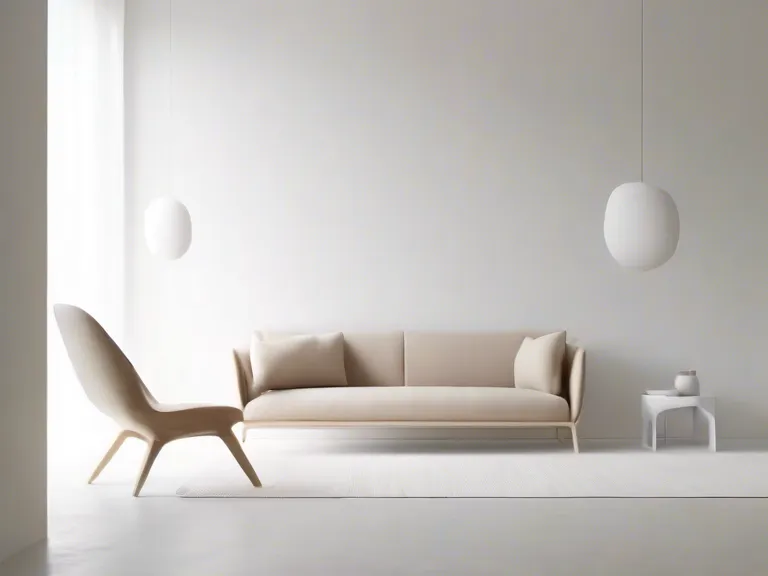
In today's fast-paced and consumer-driven society, the minimalist movement has emerged as a powerful trend towards simplicity in a complex world. This movement focuses on stripping away excess and embracing only the essentials, leading to a more intentional and fulfilling way of life.
Minimalism is not just about decluttering physical possessions, but also about decluttering our minds and schedules. By reducing distractions and focusing on what truly matters, individuals can achieve a greater sense of clarity and purpose. This shift towards minimalism can be seen in various aspects of life, from interior design and fashion to technology and finance.
One of the key principles of minimalism is prioritizing experiences over material possessions. Instead of accumulating things, minimalists place value on meaningful experiences and relationships. This shift in mindset helps individuals to live more authentically and to cultivate a deeper sense of gratitude and contentment.
The minimalist movement is also environmentally conscious, as it promotes the idea of consuming less and reducing waste. By investing in high-quality, long-lasting items and avoiding impulse purchases, minimalists contribute to a more sustainable lifestyle. This focus on sustainability aligns with the growing awareness of climate change and the importance of preserving the planet for future generations.
Ultimately, the minimalist movement offers a refreshing alternative to the culture of excess and consumption that dominates modern society. By embracing simplicity and mindfulness, individuals can create space for what truly brings them joy and fulfillment. This trend towards minimalism is not just a passing fad, but a transformative shift towards a more intentional and balanced way of living.


